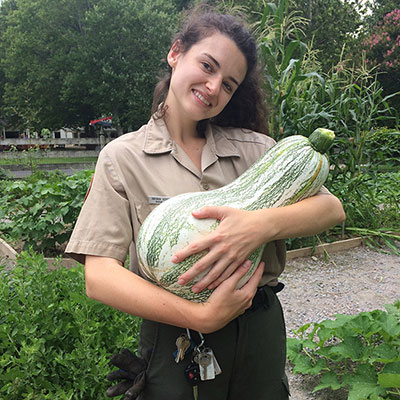B.S. in Anthropology
The anthropology program champions a holistic and comparative approach to the study of humanity in the broadest sense. We are committed to the scientific understanding of our common humanity as well as the informed appreciation of our cultural and historical diversity.
Subdisciplines
Anthropology is divided into four subdisciplines, all of which use methods and knowledge derived from both the humanities and natural sciences. They include:
- Archaeology is the study of material remains related to human behavior. Our approach integrates theory with field methods and analysis.
- Anthropological linguistics is the study of language in its social context as it relates to structuring thought and perception. Coursework emphasizes cultural translation and sociolinguistics to explore how language impacts human cognition.
- Biological anthropology is the study of human biological origins. We focus on the teaching of human evolution along with specialized courses such as bioanthropological anatomy, human osteology, medical anthropology, evolutionary medicine and forensics.
- Sociocultural anthropology is the study of contemporary societies. Our greatest expertise lies in the study of indigenous peoples from Africa and the Americas using a globally comparative perspective.
Throughout the program, students develop a deep appreciation for the diversity and unity of humanity and acquire the knowledge, experience and skills to interact effectively with diverse populations and support mutually beneficial relations.

Meet an Alum
Brenna Geraghty found her ideal career path through both coursework and experiential learning opportunities, most notably internships with the Virtual Curation Lab and the Virginia Museum of Natural History.